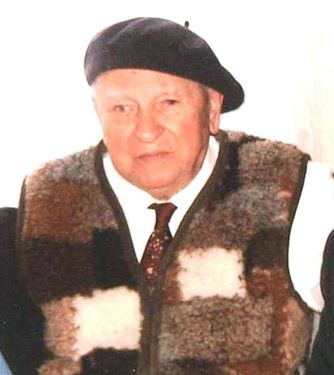Even though it was the final months of World War Two, the USSR remained vigilant at the prospect of an impending clash with the West. So as the US dropped its two atomic bombs on Hiroshima and Nagasaki ensuring that Japan surrendered, Russia saw this as an opportunity to find out more about the US’s nuclear capabilities.
Mikhail Ivanov, a Soviet spy based in the Russian Embassy in Tokyo, was directly sent to investigate the sites straight after the bombings, before the US could even get investigators there.
Mikhail who turned 101 this year, sadly passed away this week, but a new book about Japan-Russia relations has published Ivanov’s account of his investigation. He was dispatched to the bomb sites hardly a week after the bombing’s occurred along with a colleague, almost a month before US investigators got to the sites.
Ivanov remembered the horror and devastation of the sites calling it more science fiction than real life. The two spies were unaware of the impact of radiation at the time, and even though they were discouraged by the Japanese to remain at the sites, they continued to investigate the impact, write up reports and take samples of materials from the two locations. They even found leaflets dropped by the US to warn residents of the imminent bombing.
They found that the area one kilometre around where the bombs hit, left no crater, but instead had flattened and destroyed everything in its path. Survivors of the bombs were not in good health, they were known as ‘hibakusha’ and it is said that disease was spreading widely in the aftermath.
Even though it was only days after the attack, those who had survived were beginning to rebuild what they could from the rubble for shelter. Ivanov and his colleague had no choice but to spend the night in an abandoned building, however they were haunted by victims’ cries of pain, and smells of burnt remains, The Asahi Shimbun reports.
Ivanov’s colleague actually died shortly after their trip, suggesting that the high levels of radiation they had been exposed to were deadly. But Ivanov went on to live a long and healthy life. The report and findings they collected were delivered to Soviet authorities, however have not been released or seen since then.
